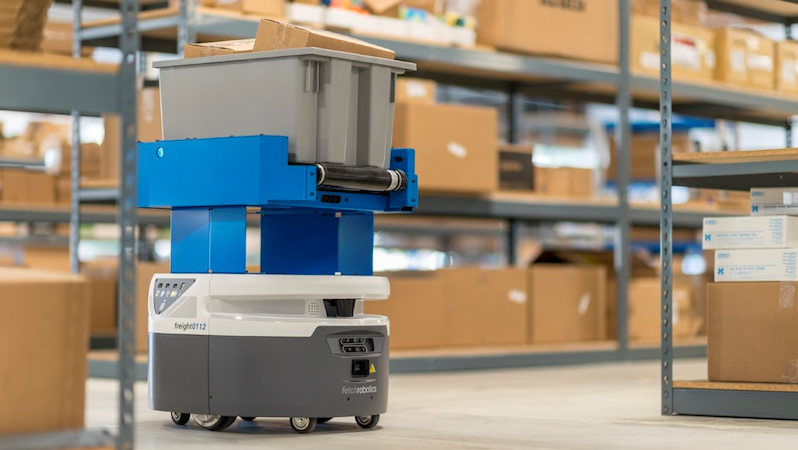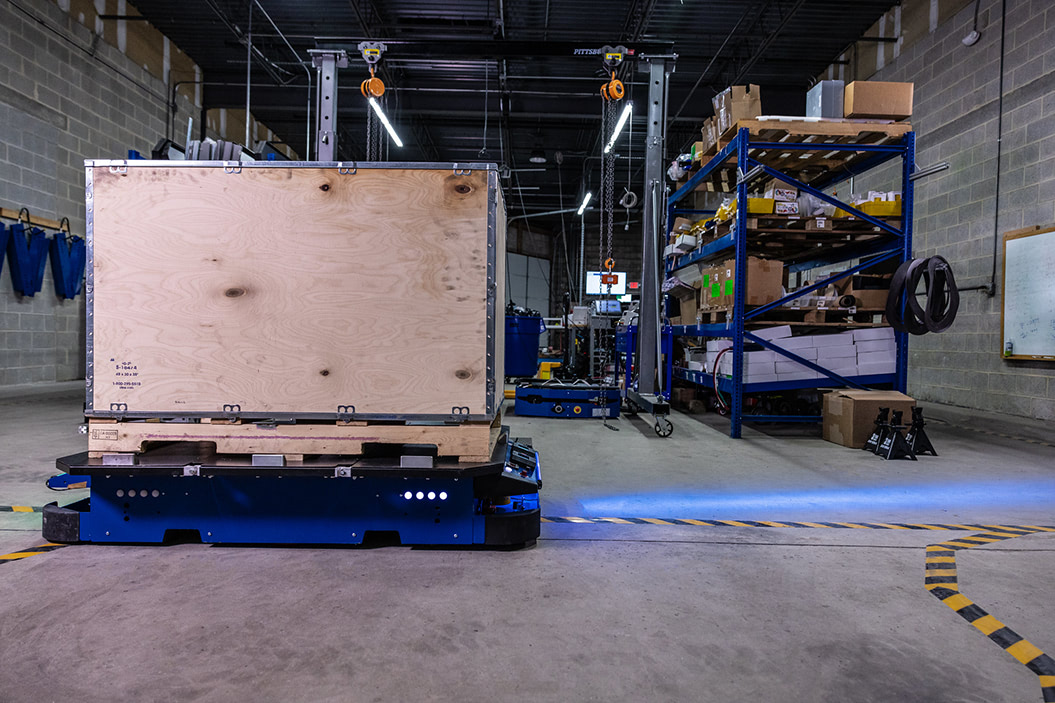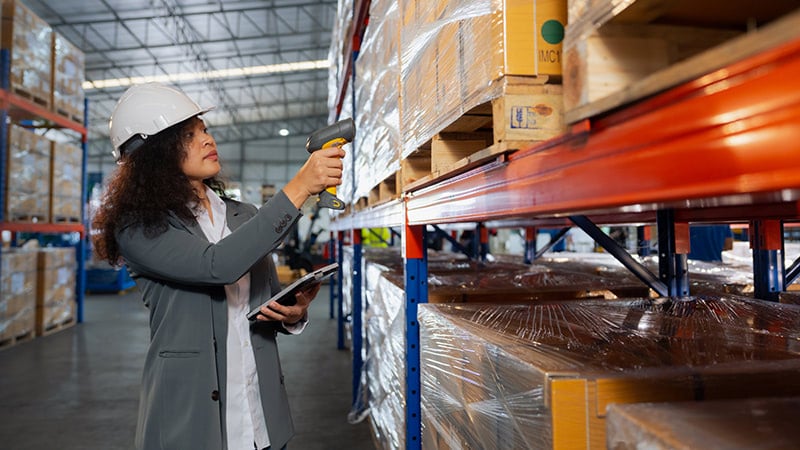Our Expertise
Your dedicated team of experts works hard to understand your workers’ pain points and the goals of your internal processes—and that allows us to customize and deliver solutions that address your unique transportation and logistics technology challenges.
Our Approach
A Barcoding-Canada solution is never just a piece of hardware: This is the heart of Barcoding-Canada’s Process, People, Technology (PPT) philosophy.
First, we work to understand our clients’ businesses—their workflows, people, cultures, and goals—and then we discuss the types of technology available to fit their needs.
Subscribe to the Blog
Our Partner Network
Barcoding-Canada is a premier partner with the best manufacturers and software providers in the automated data capture, mobility, and supply chain spaces. Because of our strong relationships, our clients have access to high-level resources at our partners’ organizations—from the executive teams to sales, engineers, and support.
Vancouver
#213 – 2999 Underhill Avenue
Burnaby, BC V5A 3C2
Tel. +1.604.260.1446
Toronto
2770 14th Avenue
Suite 103
Markham, ON L3R 0J1
Tel. +1.437.538.3185
Montreal
1111 Boulevard Dr.-Frederik-Philips #600
Saint-Laurent, QC H4M 2X6
Tel. +1.438.800.8009
Our Expertise
Your dedicated team of experts works hard to understand your workers’ pain points and the goals of your internal processes—and that allows us to customize and deliver solutions that address your unique transportation and logistics technology challenges.
Our Approach
A Barcoding-Canada solution is never just a piece of hardware: This is the heart of Barcoding-Canada’s Process, People, Technology (PPT) philosophy.
First, we work to understand our clients’ businesses—their workflows, people, cultures, and goals—and then we discuss the types of technology available to fit their needs.
Subscribe to the Blog
Our Partner Network
Barcoding-Canada is a premier partner with the best manufacturers and software providers in the automated data capture, mobility, and supply chain spaces. Because of our strong relationships, our clients have access to high-level resources at our partners’ organizations—from the executive teams to sales, engineers, and support.
Vancouver
#213 – 2999 Underhill Avenue
Burnaby, BC V5A 3C2
Tel. +1.604.260.1446
Toronto
2770 14th Avenue
Suite 103
Markham, ON L3R 0J1
Tel. +1.437.538.3185
Montreal
1111 Boulevard Dr.-Frederik-Philips #600
Saint-Laurent, QC H4M 2X6
Tel. +1.438.800.8009
Our Expertise
Your dedicated team of experts works hard to understand your workers’ pain points and the goals of your internal processes—and that allows us to customize and deliver solutions that address your unique transportation and logistics technology challenges.
Our Approach
A Barcoding-Canada solution is never just a piece of hardware: This is the heart of Barcoding-Canada’s Process, People, Technology (PPT) philosophy.
First, we work to understand our clients’ businesses—their workflows, people, cultures, and goals—and then we discuss the types of technology available to fit their needs.
Subscribe to the Blog
Our Partner Network
Barcoding-Canada is a premier partner with the best manufacturers and software providers in the automated data capture, mobility, and supply chain spaces. Because of our strong relationships, our clients have access to high-level resources at our partners’ organizations—from the executive teams to sales, engineers, and support.
Vancouver
#213 – 2999 Underhill Avenue
Burnaby, BC V5A 3C2
Tel. +1.604.260.1446
Toronto
2770 14th Avenue
Suite 103
Markham, ON L3R 0J1
Tel. +1.437.538.3185
Montreal
1111 Boulevard Dr.-Frederik-Philips #600
Saint-Laurent, QC H4M 2X6
Tel. +1.438.800.8009





